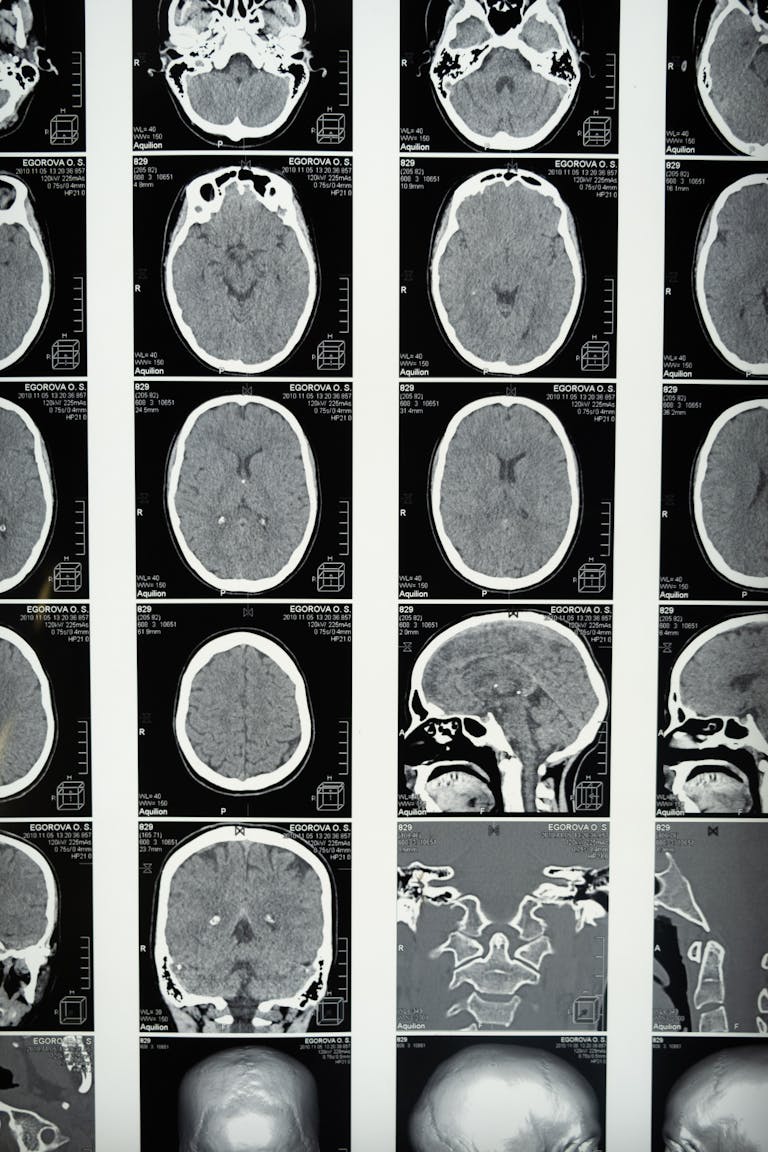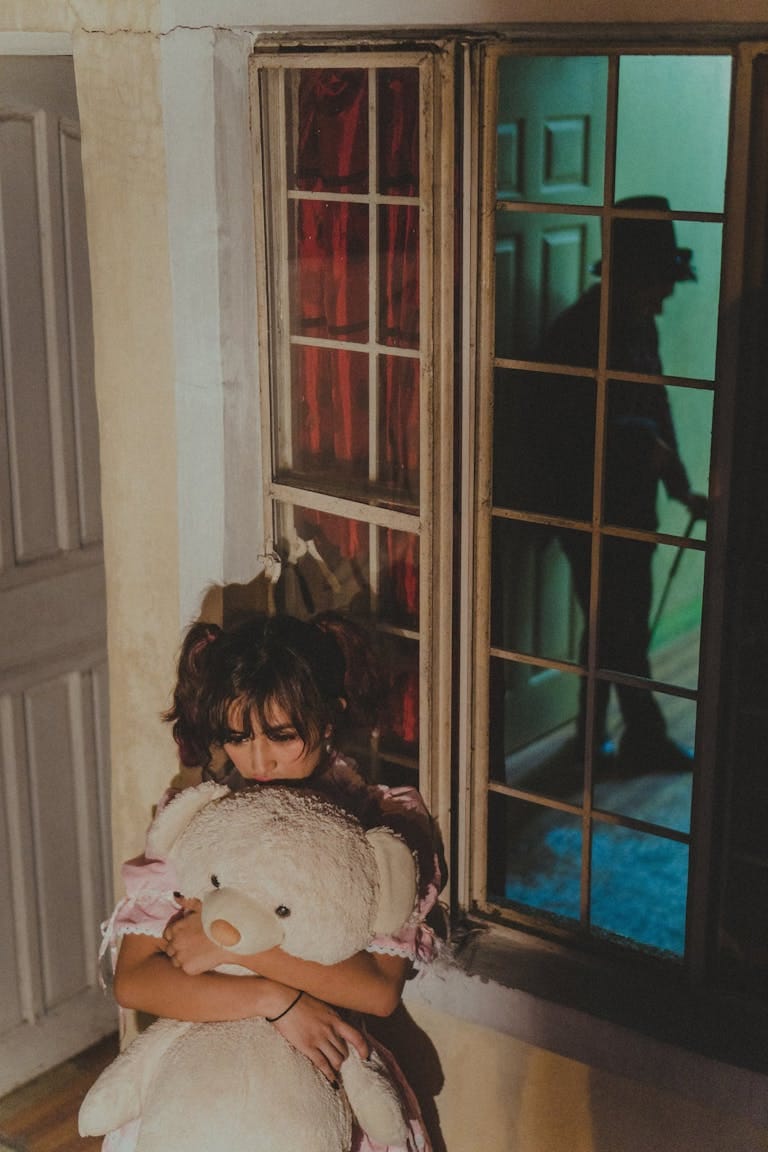
Tokophobia may be keeping millions of women from pursuing motherhood, and many don’t even know they have it.

The Hidden Epidemic No One Is Talking About
Imagine waking up in a cold sweat, heart pounding with terror—not from a nightmare about monsters or falling, but from the thought of pregnancy and childbirth. For an estimated 14% of women worldwide—translating to at least 1.27 million women in the reproductive age population—this isn’t imagination, but a daily reality.
Tokophobia, the pathological fear of pregnancy and childbirth, is far more prevalent than previously understood, and its impact extends far beyond the delivery room. For many women, like myself, this intense fear may be a major factor in remaining single and childless.
What Is Tokophobia?
Tokophobia isn’t just normal pregnancy jitters—it’s a debilitating condition with profound psychological implications. Scientists define it as an extreme, pathological dread of childbirth that can trigger intense anxiety, panic attacks, and avoidance behaviors.
“Tokophobia is a pathological fear of childbirth which may lead to the avoidance of pregnancy,” explains research published in the journal Healthcare, detailing experiences of women with this condition.
The condition is categorized into two main types:
- Primary tokophobia: Affects women who have never given birth but experience intense fear, often beginning in adolescence or early adulthood
- Secondary tokophobia: Develops after a traumatic birthing experience, essentially a form of post-traumatic stress disorder (PTSD)
The Shocking Statistics
Recent research reveals the true scale of this condition:
- A comprehensive meta-analysis found tokophobia affects approximately 14% of pregnant women worldwide
- Studies from Eastern Africa report prevalence rates ranging from 11.1% to a staggering 58.6%
- In some European countries, rates vary between 4.5% and 15.6%
- According to one study, 25% of women exhibit high or very high fear of childbirth
- About 3% of women develop PTSD following childbirth, which can contribute to secondary tokophobia
These numbers likely underestimate the full scope, as many women may avoid seeking help due to shame or lack of awareness about the condition.
Beyond Fear: The Real-Life Impact

Tokophobia doesn’t just cause emotional distress—it significantly impacts life choices and reproductive decisions. Women with tokophobia may:
- Avoid sexual relationships entirely
- Use multiple contraceptive methods to prevent pregnancy
- Experience relationship difficulties with partners who want children
- Opt for elective cesarean sections even when vaginal delivery would be safe
- Choose termination of wanted pregnancies due to overwhelming fear
- Struggle with depression and anxiety throughout pregnancy if they do conceive
Women with tokophobia continuously suffer from fear in their daily life,” researchers note, highlighting how this condition permeates every aspect of existence for those affected.
Causes: More Complex Than You Think
What drives this intense fear? Research points to multiple factors:
- Previous traumatic birth experiences
- Childhood exposure to frightening birth stories
- History of sexual trauma or abuse
- Fear of pain or medical procedures
- Anxiety about loss of control during delivery
- Concerns about body changes and damage
- Pre-existing mental health conditions like anxiety or depression
The psychological makeup is complex—many women with tokophobia also have histories of other phobias, obsessive-compulsive disorders, or mood disorders.
Breaking the Silence: Treatment Options That Work
The good news is that tokophobia can be effectively treated with the right approach. Evidence-based interventions include:
- Cognitive Behavioral Therapy (CBT): Helps reframe negative thought patterns about childbirth
- Psychotherapy: Addresses underlying trauma that may contribute to the fear
- Prenatal education: Providing accurate information about pregnancy and delivery processes
- Supportive midwifery care: Building trust with medical professionals
- Medication: In some cases, anti-anxiety medications or antidepressants may help manage symptoms
Studies show that women who receive appropriate psychological support during pregnancy are 50% less likely to need cesarean sections—a powerful testament to how addressing mental health can impact physical outcomes.
The Societal Stigma
Perhaps most damaging is the societal dismissal many women face when expressing these fears. Comments like “it’s just part of being a woman” or “everyone is scared of childbirth” minimize a serious psychological condition.
This stigma keeps many women from seeking help and perpetuates the silence around tokophobia, leaving millions to suffer alone with their fears.
Moving Forward: Breaking the Cycle
For progress to happen, tokophobia needs recognition as a legitimate psychological condition deserving of medical attention and support. Healthcare providers need training to identify signs early and offer appropriate interventions.
Most importantly, women need safe spaces to express their fears without judgment—whether they choose to overcome tokophobia to pursue motherhood or make the equally valid decision to remain childfree.
By bringing tokophobia into the open, we can ensure that no woman’s reproductive choices are dictated by unaddressed fear, but rather by informed, supported personal decisions.
Sources:
- O’Connell, M.A., et al. (2017). Worldwide prevalence of tocophobia in pregnant women: systematic review and meta-analysis. Acta Obstetricia et Gynecologica Scandinavica, 96(8), 907-920.
- Sanjari, M., et al. (2022). The global prevalence of severe fear of childbirth.
- Takegata, M., et al. (2023). Tokophobia: Case Reports and Narratives of Ten Japanese Women. Healthcare, 11(5), 696.
- Demšar, K., et al. (2018). Tokophobia (fear of childbirth): prevalence and risk factors. Journal of Perinatal Medicine, 46(2), 151-154.
- Cleveland Clinic. (2022). Tokophobia (Fear of Childbirth): Causes, Symptoms & Treatment.
- WebMD. (2024). Tokophobia: The Fear of Childbirth.






